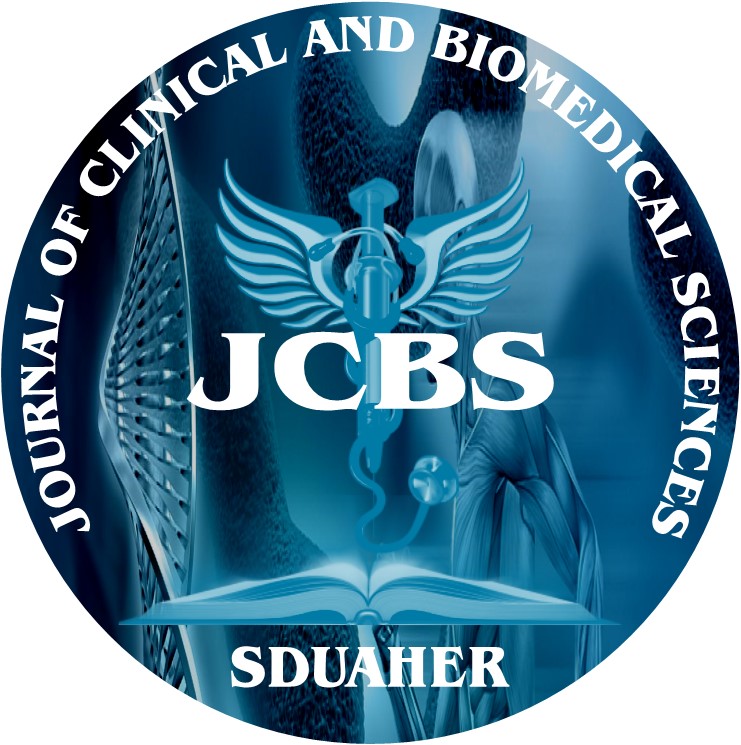


Journal of Clinical and Biomedical Sciences
Year: 2015, Volume: 5, Issue: 2, Pages: 54-63
Review Article
Venkateshappa Chikkanarayanappa1, Harish Gangadharappa2
1. Department of Biochemistry, Sapthagiri Institute Medical Sciences and Research Centre, Bangalore, India
2. Kleysen Institute for Advanced Medicine, University of Manitoba, Winnipeg, Canada
*Corresponding Author
E-mail: [email protected]
Being the second most populous country in the world, India houses a large geriatric population. Increasing geriatric population with increasing age related ailments has necessitated research in the field of Aging. Thus, the study of Biological mechanism of aging is not merely a topic of scientific curiosity, but also a crucial area of research in the current scenario. “Aging” is one of the most fascinating topics that have interested philosophers and scientists for centuries. Over the years, the researchers have postulated several theories to explain the aging phenomena. Denham Harman postulated that aging is a deleterious, progressive, intrinsic, and universal process, which is a progressive accumulation of alteration as a function of time associated with or responsible for the everincreasing susceptibility to age-related disease and death.[1] Aging is associated with (a) progressive loss of physiologic functions; (b) atrophy to most of the organs; (c) increased susceptibility to infections, trauma and neurodegeneration (d) susceptibility to malignancy, and (e) decreased gaseous exchange during respiration.[2]
Subscribe now for latest articles and news.